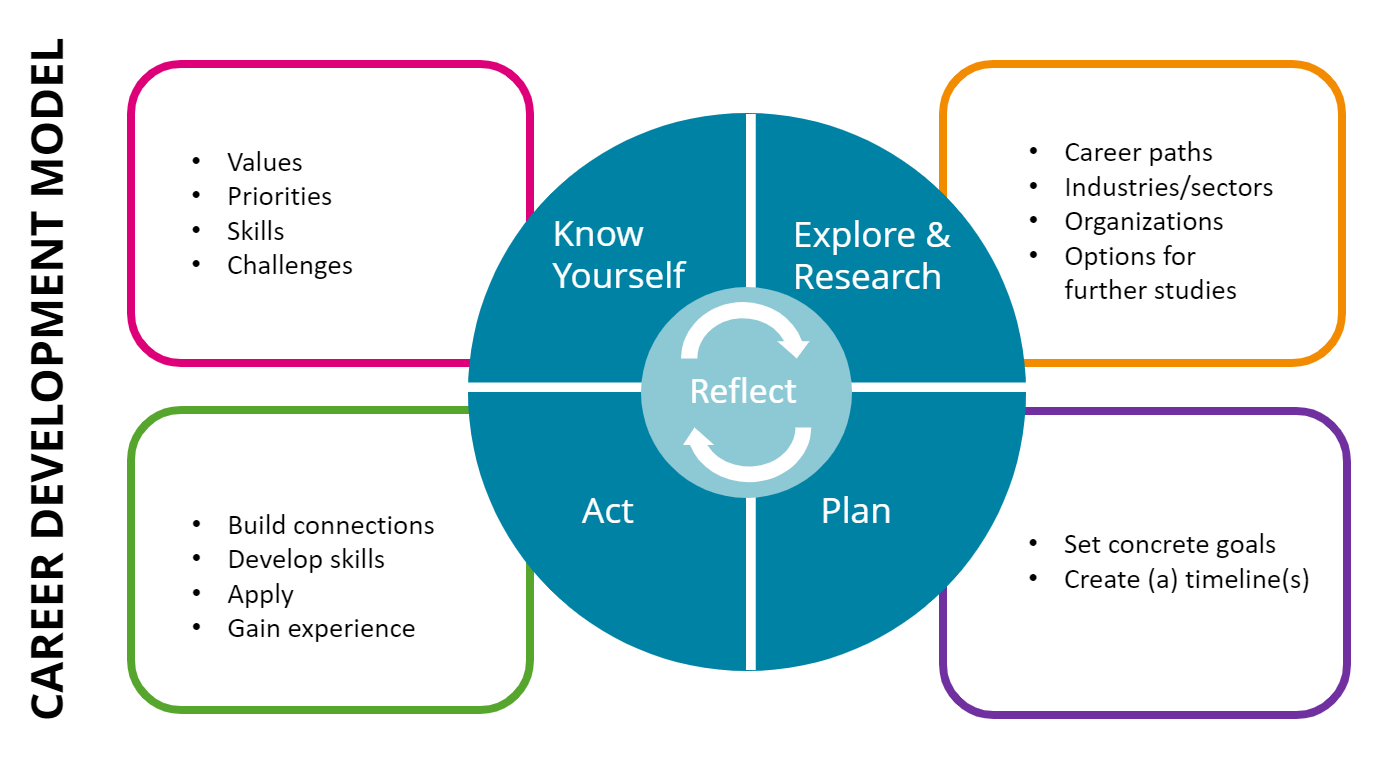CJ Attard Insights
Exploring the latest trends and insights in various industries.
Career Climbing: How to Scale the Corporate Ladder Without Losing Your Balance
Unlock the secrets to climbing the corporate ladder with balance! Discover tips to succeed without sacrificing your well-being.
Top 5 Strategies for Balancing Work and Life While Climbing the Corporate Ladder
Climbing the corporate ladder can be a rewarding journey, but it often comes with the price of sacrificing personal time and well-being. To effectively balance work and life, it's essential to implement effective strategies that promote both professional advancement and personal satisfaction. One effective method is setting clear boundaries between work and personal time. For example, designating specific hours for work and leisure can help prevent work from encroaching on your personal life. You might choose to switch off your work emails after a certain hour or even reserve a day each week for family activities. This way, you can maintain focus on your career while also nurturing personal relationships.
Another strategy is to utilize time management techniques, such as prioritizing tasks and making use of productivity tools. By identifying your most important tasks and focusing on them first, you can enhance your productivity and free up time for personal activities. Additionally, consider delegating tasks when possible, whether at work or in your personal life. Embracing flexibility, whether through remote work or flexible hours, can also allow you to more easily balance your responsibilities. For further reading, check out resources like Forbes' strategies for work-life balance to find more tips and insights on achieving this balance.

How to Network Effectively Without Sacrificing Your Well-Being
Networking is an essential skill for personal and professional growth, but doing it effectively doesn't have to come at the cost of your well-being. Start by setting clear boundaries around your networking activities. It’s crucial to define what you are comfortable with in terms of time and emotional investment. For example, dedicate specific days or times to attend networking events or engage in online networking. Utilize platforms like Meetup to find local gatherings that fit your schedule and interests, ensuring that you can network in a way that feels manageable.
Another effective strategy is to focus on quality over quantity. Instead of trying to meet as many people as possible, aim to build meaningful connections with a handful of individuals. This approach not only reduces the overwhelming nature of networking but also fosters deeper relationships. Consider reaching out via personalized messages on LinkedIn or scheduling one-on-one coffee chats. For tips on how to craft engaging outreach messages, check out this insightful article from HubSpot. Remember, effective networking should complement your life, not consume it.
What Skills Are Essential for Sustainable Career Growth in Today's Workplace?
In today's rapidly evolving workplace, sustainable career growth hinges on a diverse set of skills. Key among these are adaptability and critical thinking. As industries shift due to technological advancements and market fluctuations, professionals who can pivot and learn new tools or methodologies are more likely to thrive. According to a report by the Forbes Human Resources Council, employees who embrace change and can think critically find greater opportunities for advancement.
Additionally, communication and collaboration skills are essential for building strong professional relationships that foster growth. In a time when remote working is prevalent, being able to convey ideas clearly and work cohesively with a team can dramatically enhance your career trajectory. As emphasized by a study from the Mind Tools, effective communication is a cornerstone of successful teamwork, which in turn opens doors to new opportunities and innovations.